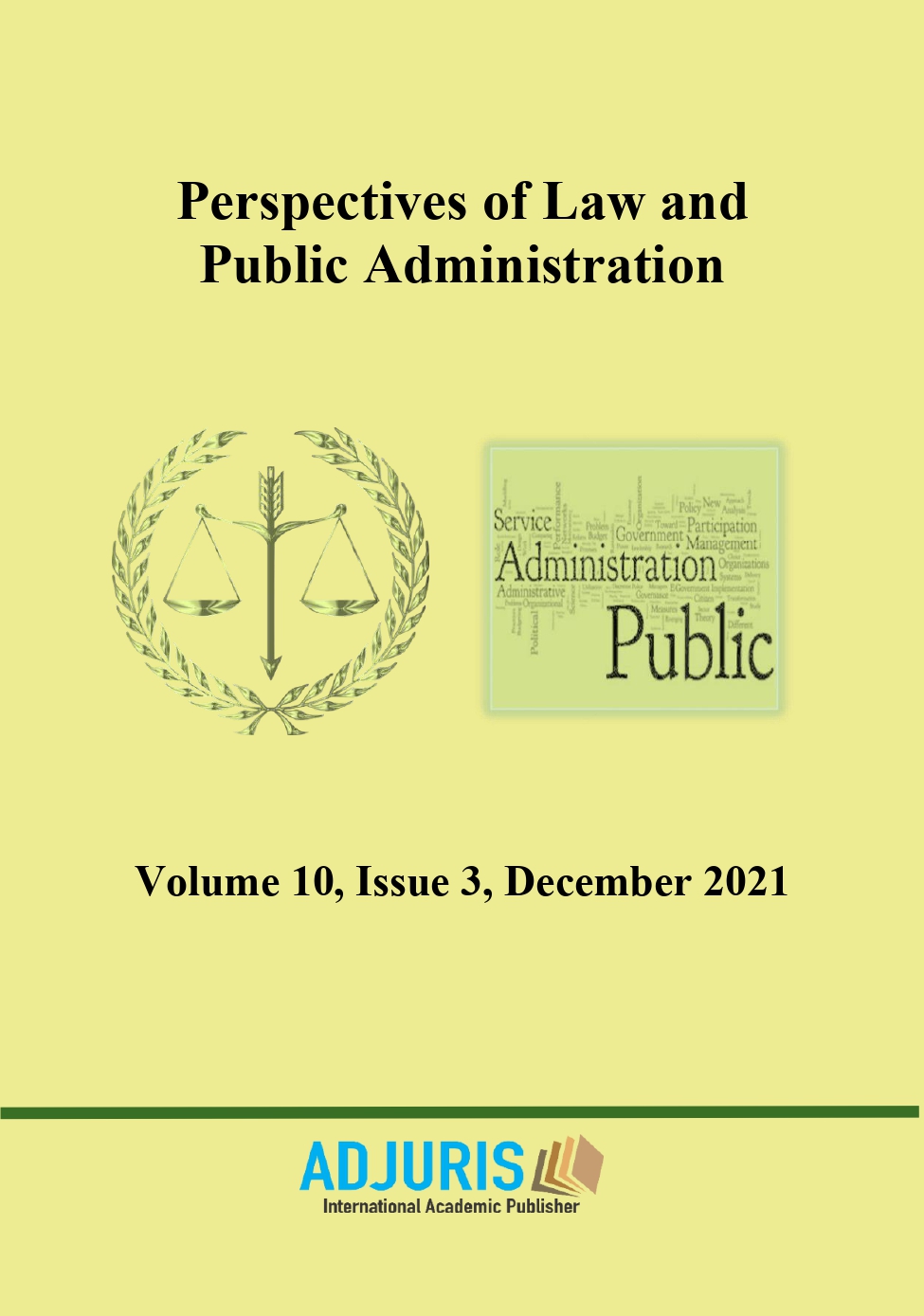LEGAL CHARACTERISTICS OF THE EU-KOSOVO RELATIONS
LEGAL CHARACTERISTICS OF THE EU-KOSOVO RELATIONS
Author(s): Hajredin Kuci, Kastriote VlahnaSubject(s): International Law, EU-Approach / EU-Accession / EU-Development, EU-Legislation
Published by: Societatea de Stiinte Juridice si Administrative
Keywords: EU; Kosovo; legal system; European law; relationship; international cooperation; membership; international organizations; non-recognition;
Summary/Abstract: Building a ‘rule of law based’-democracy is a challenge for post-communist and post-war societies. Rule of law is a priority for these societies and it is very often prescribed as a membership criteria required by international organizations, such as the European Union. As such an aspiring country, Kosovo is faced with the challenge of building a legal system compatible with that of the European Union member states, but also of developing legal cooperation with other countries. This paper will analyze the process of Europeanisation of the legal system of Kosovo and presents a dynamic impact of the European Institutions and Missions in Kosovo which were introduced and operate despite the fact that Kosovo officially is not recognized by EU institutions and all EU member states. As such, the paper will focus on analyzing the legal treatment and sui generis relations between EU and Kosovo, especially during the UNMIK time, with EULEX mission, of the unique singing modalities and content of SAA, Office of Specialist Chambers of Prosecutors and Judges and including the recommendations for legal cooperation in certain circumstances during the fulfillment of the above mentioned obligations and integration process. The main question addressed in this article is how the EU has influenced the rule of law in Kosovo. In doing so the paper will observe the results of that influence that are sui genres as well as how the EU-Kosovo cooperation has helped keeping the integration process and research strategies for the further cooperation going. This hypothesis will be tested by measuring the inclusion and application of the main European standards in cooperation with the third states. Additionally, comparative methods will be used in finding similarities and differences with other cases. Kosovo faces many challenges in international cooperation, not only with regard to those missions operating in Kosovo itself (such as EULEX, CE, EUO etc.), but also with EU as an organization, especially due to Kosovo’s lack of membership in EU. Another challenge faced is the cooperation with EU countries that have not yet recognized Kosovo as a state. This paper emphasizes the efforts of Kosovo’s institutions beyond regular means, in order to conduct EU-Kosovo cooperation as one of the prerequisites for building the democracy based on rule of law. The main issues tackled in this paper are how these problems are addressed in practice, which are the obstacles arising, what are the ad hoc means of conducting such cooperation and what are the specificities and perspectives of EU-Kosovo cooperation. As such the paper aims at breaking down some of the legal peculiarities and uncertainties that have been created throughout the years as result of limitations to the international personality, aimed at ensuring that there is a cooperation with EU and non-recognizer countries through other ‘innovative’ means.
Journal: Perspectives of Law and Public Administration
- Issue Year: 10/2021
- Issue No: 3
- Page Range: 347-361
- Page Count: 15
- Language: English

